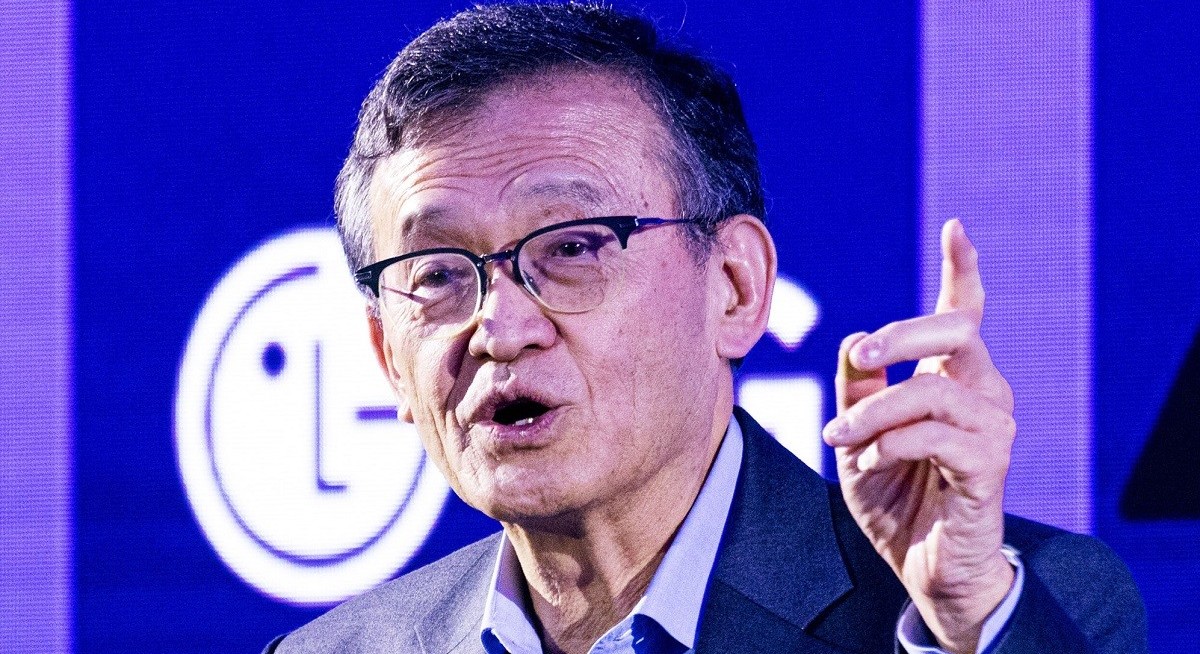He gave no evidence or additional detail on exactly what potential conflicts of interest Intel CEO Lip-Bu Tan might have.
The post came after Republican Senator Tom Cotton asked the chairman of Intel’s board this week to answer questions about Tan’s ties to China, including investments in the country’s semiconductor companies and others with connections to the country’s military.
In a letter to Frank Yeary, who oversees the chipmaker’s board of directors, Cotton asked about investments Tan made in China before he was picked to run Intel. Cotton noted specific concerns about Tan’s ties to Cadence Design Systems Inc, a tech company he led for over a decade which sold products to a Chinese military university. The company pleaded guilty in July to violating US export controls by selling hardware and software to China’s National University of Defense Technology.
“Intel and Mr Tan are deeply committed to the national security of the United States and the integrity of our role in the U.S. defense ecosystem,” the company said in a statement on Wednesday. Intel said earlier it would address the matters in the letter with the senator, and didn’t immediately respond to a request for comment on Trump’s post.
See also: EPA to scrap landmark US emissions policy in major rollback
Intel shares fell as much as 2.3% in early trading after markets opened in New York.
Tan, 65, is an industry veteran in technology and venture capital who took the reins at Intel in March following the ouster of his predecessor. The company’s board tapped Tan to turn around the iconic chipmaker because it has fallen far behind rivals in recent years.
“This adds political fire to an already fragile turnaround,” Bloomberg Intelligence analyst Oscar Hernandez Tejada said. “Calls for his resignation introduce a layer of uncertainty that could complicate execution, especially as Intel tries to reset its foundry ambitions and reestablish trust with both the market and Washington.”
See also: Fed governor Stephen Miran steps down from White House CEA role
The Santa Clara, California-based company long led the semiconductor market by producing ever-faster chips to power personal computers and laptops, but it struggled when computing migrated to smartphones and artificial intelligence grew in importance.
Taiwan Semiconductor Manufacturing Co pioneered the practice of making high-end chips for customers like Nvidia Corp and Apple Inc, becoming the world’s biggest semiconductor producer, while Nvidia has led the way in the development of AI chips. Intel’s market valuation is about US$89 billion compared with US$4.4 trillion for Nvidia.
Pat Gelsinger, Tan’s predecessor at Intel, had laid out ambitious plans to compete with TSMC in the so-called foundry business. But he struggled to recruit new customers and the board grew frustrated with the slow progress.
Malaysian-born Tan has vowed to spin off Intel assets that aren’t central to its mission and create more compelling products. He has pushed a plan to slash jobs and delayed or cancelled projects to reduce operating expenses.
Tan’s credentials include a strong track record in his previous role. During his 12 years as CEO of Cadence, which he joined in 2008 when the chip-design software company was struggling, the company’s share price grew more than 3,000%.
Intel is a critical piece of Washington’s efforts to rebuild the domestic semiconductor industry. The company had been awarded almost $8 billion from the Chips and Science Act for US investments, including a facility to supply the US military, the most of any company.
But the Trump administration has been trying to use the Chips Act awards to prod companies into pledging additional investments — a challenge for Intel given its financial constraints. It’s not clear how Tan’s strategy of cutbacks will affect those awards.
To stay ahead of Singapore and the region’s corporate and economic trends, click here for Latest Section
Wolfe Research Managing Director Chris Caso said Tan’s pullback may be at odds with the Trump administration’s intention of growing US semiconductor production capacity.
Meanwhile, foreign chip companies are boosting their investments in the US. TSMC said in March it will invest an additional US$100 billion in the country, on top of its earlier pledge of US$65 billion. South Korea’s Samsung Electronics Co is also investing in chip fabrication facilities in the US.
Both companies are in line to receive money from the Chips Act, which was passed during the administration of President Joe Biden.




